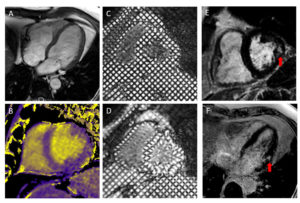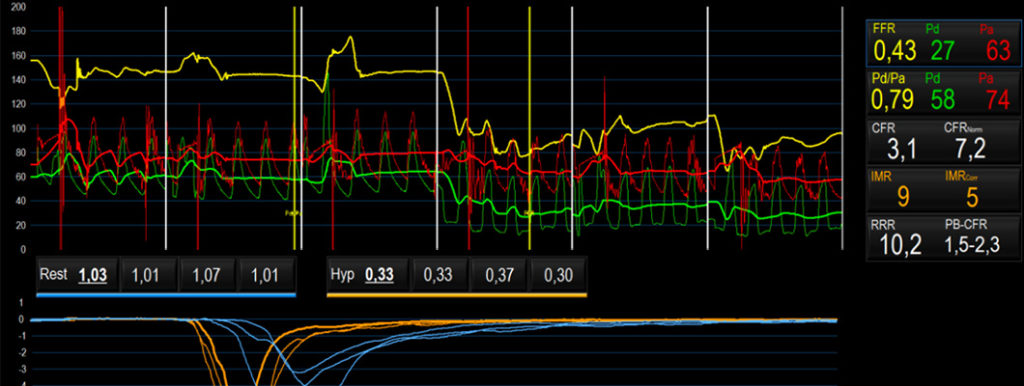We are currently developing a number of UK-wide collaborative programmes addressing unmet needs in several areas of cardiovascular research and medicine.
The CARDIO IMID UK Network

Lead: Maya Buch, University of Manchester
Cardiovascular disease is a major cause of increased mortality in patients with Immune-mediated inflammatory diseases (IMID). The cardiovascular manifestations of IMIDs are varied and include atherosclerosis and inflammation of the heart.
We have established the CARDIO IMID UK Network to bring together experts in cardiovascular and immune mediated inflammatory diseases (IMID) from 23 centres across the UK. We are working to consolidate this group as a national platform to advance our knowledge of cardiovascular disease within the context of IMID, in order to address the many unmet needs of people with these conditions and improve their healthcare.
The NIHR-BHF Cardiovascular Partnership Coronary Microvascular Dysfunction Workstream
Leads: Divaka Perera and Amedeo Chiribiri, King’s College London
Angina is usually associated with narrowing in the heart’s major blood vessels, the coronary arteries. However, about 40% of patients having procedures to study their heart arteries have little or no visible disease. Despite having no obstructions in the main vessels, many of these patients continue to suffer from angina.
Research has shown that some patients with no obvious disease may instead have disorders of their small heart vessels (microvasculature) not visible with routine procedures. This is known as Coronary Microvascular Dysfunction or CMD.
We have developed a workstream to pool expertise and collaborate on new research to improve diagnosis and treatment of CMD. More information is available on the NIHR-BHF Coronary Microvascular Dysfunction Workstream microsite.

The UK Heart Failure with Preserved Ejection Fraction Registry (UK HFpEF Registry)
Lead: Christopher Miller, University of Manchester
HFpEF represents a significant healthcare burden in the UK. Rather than being a distinct diagnosis, HFpEF represents a heterogeneous syndrome resulting from a range of disease mechanisms. The “one-size-fits-all” approach that has been employed to date for clinical trials has not identified a therapy with clear benefit for patients.
The working group led by Chris Miller will look to establish a registry of well characterised patients which will become a platform for collaborative studies aiming to reclassify HFpEF into distinct diagnoses, evaluate response to treatment of patients in these distinct groups, deliver clinical trials matched to HFpEF subgroups, understand the underlying mechanisms of disease.

